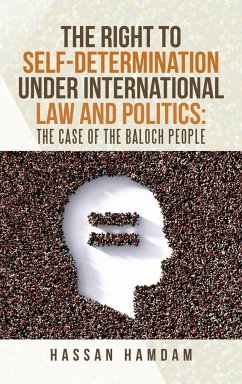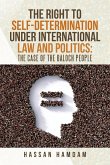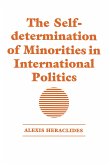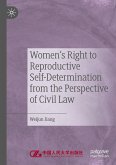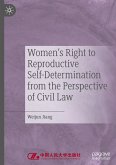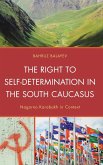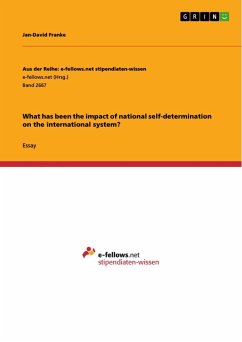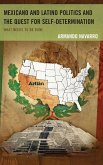The emergence of the right to self-determination phenomenon during the twentieth century changed the political map of the world with the liberation of many nations from the yoke of colonialism. This book is an attempt to navigate the right of self-determination through international legal norms and explore its triumph and failure since the Second World War. It elaborates on the role, position, and the obligations of a modern state in the international law and new emerging relations of people in the world. The bookdescribes briefly the history of British rule in the Indian subcontinent and the creation of the new Muslim state of Pakistan in 1947. The book narrates the events leading to the occupation of Balochistan by Pakistan in 1948. It highlights the long struggle of the Baloch people for the right to self-determination and to explain the right of the Baloch people according to the international principles and provide political and legal methods for the right to self-determination.
Bitte wählen Sie Ihr Anliegen aus.
Rechnungen
Retourenschein anfordern
Bestellstatus
Storno

